Lead the Competition in the Domestic Agri Market with a Farm Management Software (FMS)
The Indian Food Market and the food processing industry are expected to grow at a fast pace due to its high potential. The growing population and the expanding middle class has caused the demand for food to increase.
The Domestic Agriculture Market
According to the India Brand Equity Foundation (IBEF), The government, through the Ministry of Food Processing Industries, (MoFPI) is making all efforts to encourage investments in the business. It has approved proposals for joint ventures (JV), foreign collaborations, industrial licenses, and 100 percent export oriented units. The Indian food and grocery market is the world’s sixth largest, with retail contributing 70 per cent of the sales. The Indian food processing industry accounts for 32 per cent of the country’s total food market, one of the largest industries in India and is ranked fifth in terms of production, consumption, export and expected growth.
The expansion of online food businesses in India also marks it as a gold mine of opportunities for domestic agribusinesses.
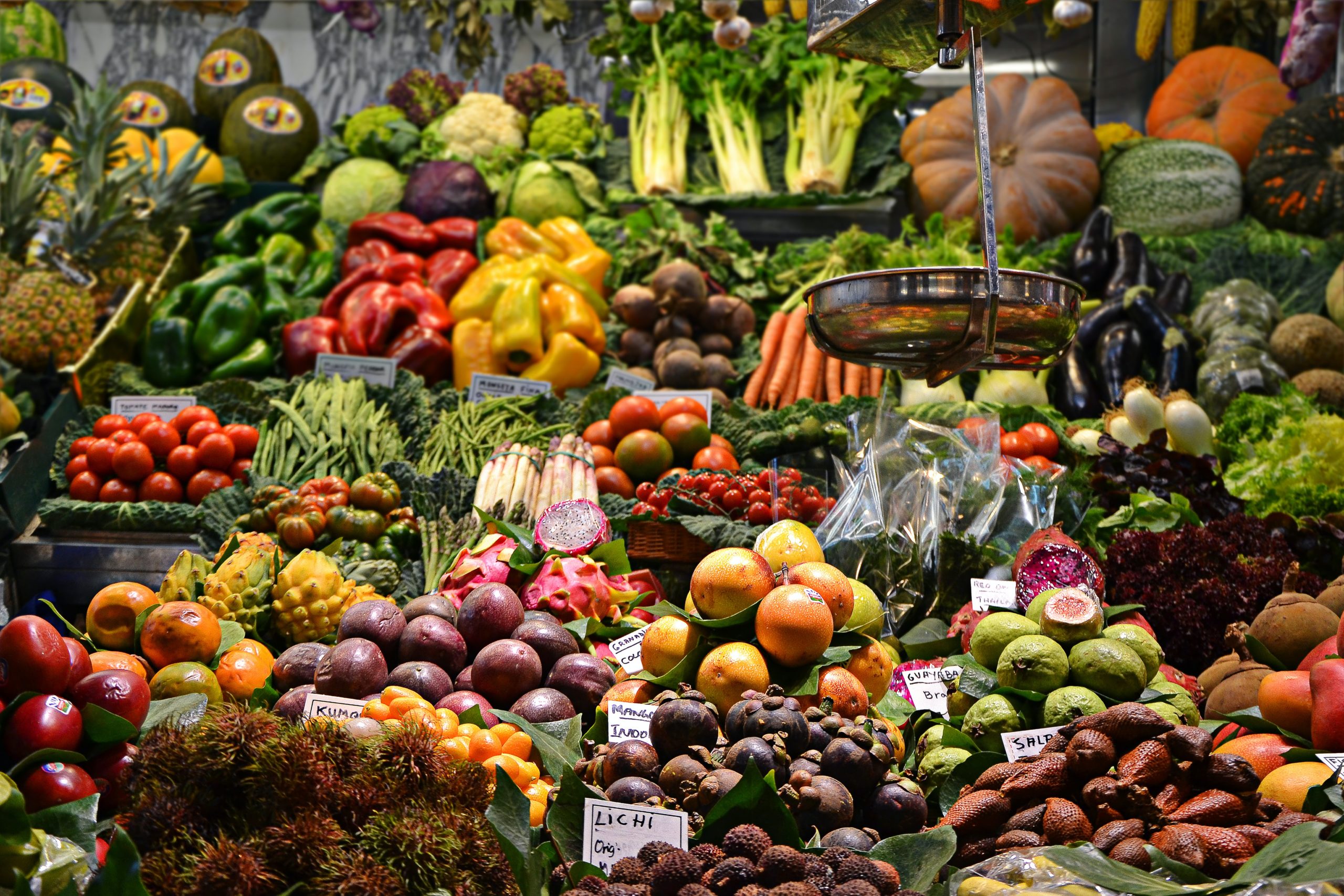
Government Policies
Some of the major initiatives taken by the Government of India to improve the food processing sector in India are as follows:
- The Government of India aims to boost growth in the food processing sector by leveraging reforms such as 100 percent Foreign direct investment (FDI) in marketing of food products and various incentives at central and state government level along with a strong focus on supply chain infrastructure.
- The Government of India has relaxed foreign direct investment (FDI) norms for the sector, allowing up to 100 per cent FDI in food product e-commerce through automatic route.
- The Food Safety and Standards Authority of India (FSSAI) plans to invest around Rs 482 crore (US$ 72.3 million) to strengthen the food testing infrastructure in India, by upgrading 59 existing food testing laboratories and setting up 62 new mobile testing labs across the country.
- The Indian Council for Fertilizer and Nutrient Research (ICFNR) will adopt international best practices for research in the fertilizer sector, which will enable farmers to get good quality fertilizers at affordable rates and thereby achieve food security for the common man.
According to the India Brand Equity Foundation (IBEF), Going forward, the adoption of food safety and quality assurance mechanisms such as Total Quality Management (TQM) including ISO 9000, ISO 22000, Hazard Analysis and Critical Control Points (HACCP), Good Manufacturing Practices (GMP) and Good Hygienic Practices (GHP) by the food processing industry offers several benefits. It would enable adherence to stringent quality and hygiene norms and thereby protect consumer health, prepare the industry to face global competition, enhance product acceptance by overseas buyers and keep the industry technologically abreast of international best practices.
Therefore, to stay on top of the game in the Indian Domestic Food Market, it is important for agribusinesses to overcome these interdependent challenges,
- Traceability and Sustainability of agricultural produces.
- Quality and quantity of produces.
- Consistency in farming to respond to the market demands.
- Balancing cultivation and processing in factories.
Therefore, the best way to manage a domestic market oriented agribusiness is through effective planning and execution. The answer to this seemingly impossible task is a FARM MANAGEMENT SOFTWARE (FMS). A Farm Management Software has various modules that work together to carry out and document cultivation and processing activities effectively and insightfully. These modules can be tailored to fit the specific needs of your agribusiness. The following modules of a Farm Management Software (FMS) can help to overcome the challenges involved in a domestic food processing business:
- Production Forecasting: Production forecasting feature helps in predicting the quality and quantity of produce that will be generated during harvest. It is calculated by Machine Learning (ML) software by analyzing the data regarding the cultivation, from sowing seeds, staggered sowing, resources administered and the impact of weather during the various crop stages. This gives a proper idea regarding the consistency of supply and helps in planning processing and storage activities.
- Quality and Sustainability: A Farm Management Software (FMS) provides right directions for increasing farm yield without using harsh chemicals. With its data analyzing software, an FMS calculates the right treatment for the soil according to the locality, soil type, topography, weather, farm history etc.
- Resource allocation: Factory production resources can be aligned at the right time and for the right amount of produce according to the data predicted by the Farm Management Software (FMS).
- Multi farmer controls: farming and resources from multiple farms at different locations can be uniformly controlled under a Farm Management Software (FMS). The FMS is completely user friendly and can be made available in the local language.
Trace Agtech is an intuitive and feature rich farm management software that will integrate all of your contract farms and farmers on a single platform. It helps you in digitizing farm diaries, geo-fencing farms, pest/disease control, real-time support to farmers, expense tracking, yield forecasting, buying, quality control, farm audits, traceability, sustainability, training master trainers (TOT) & farmers, monitoring & managing field staff, etc.

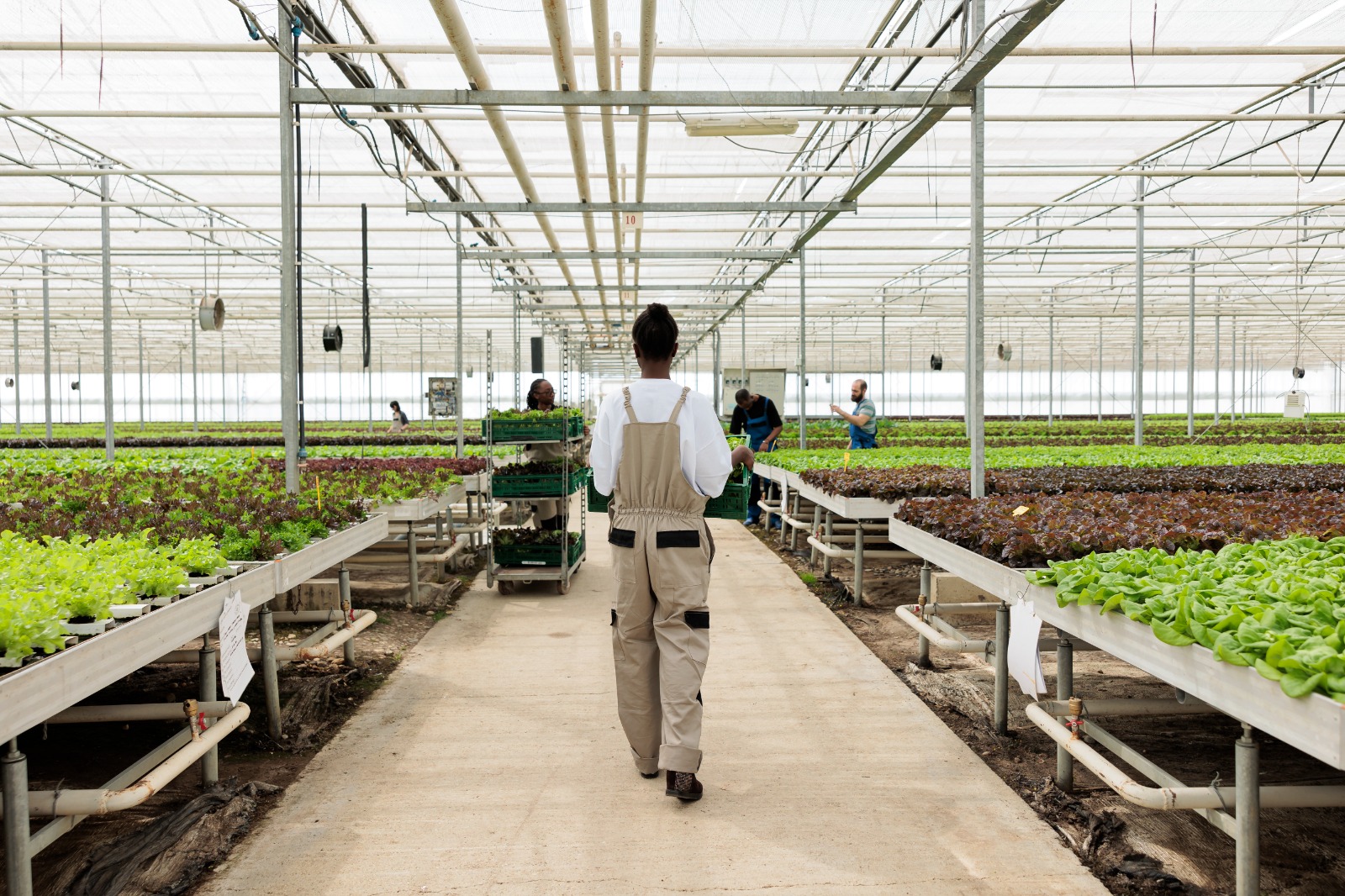

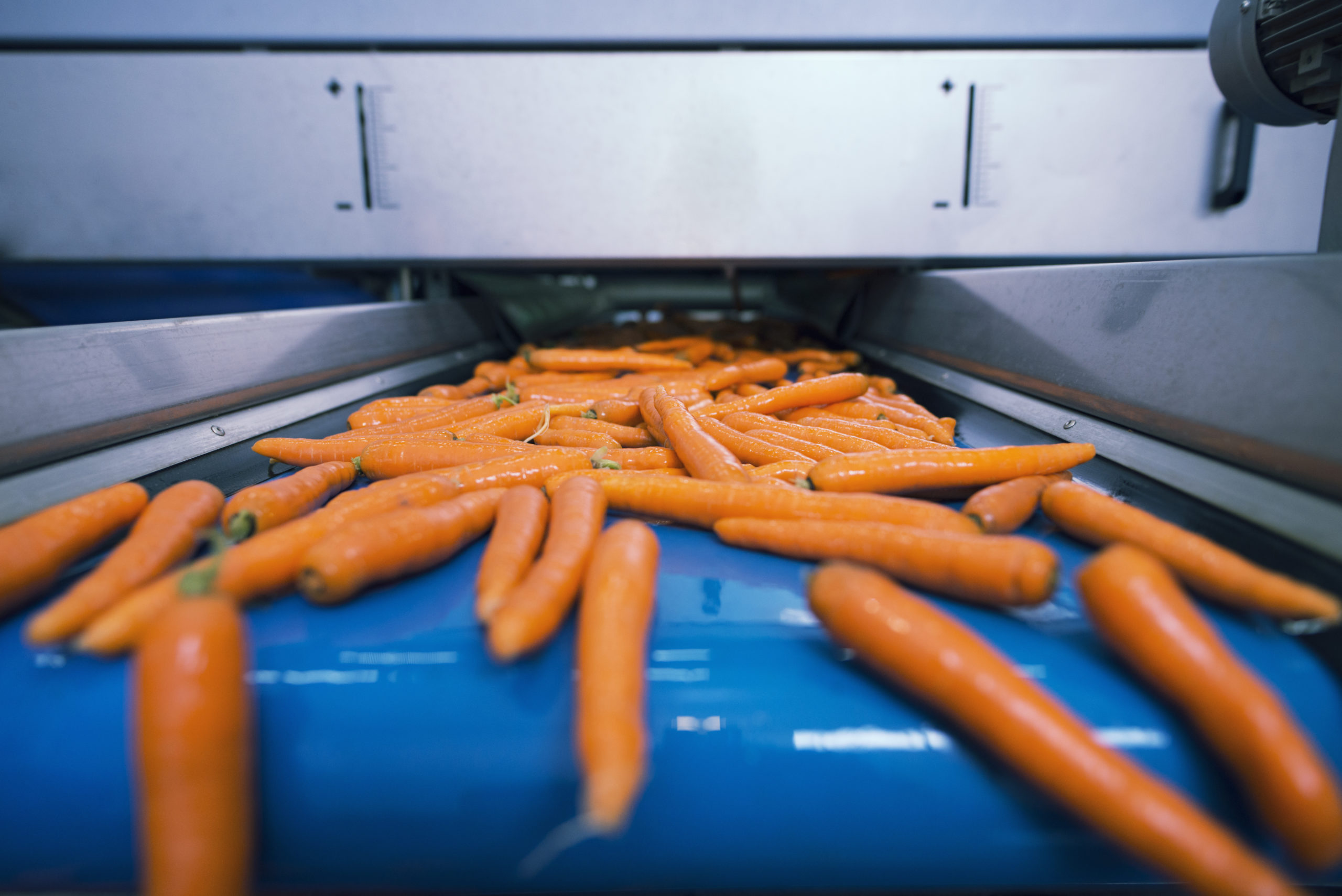


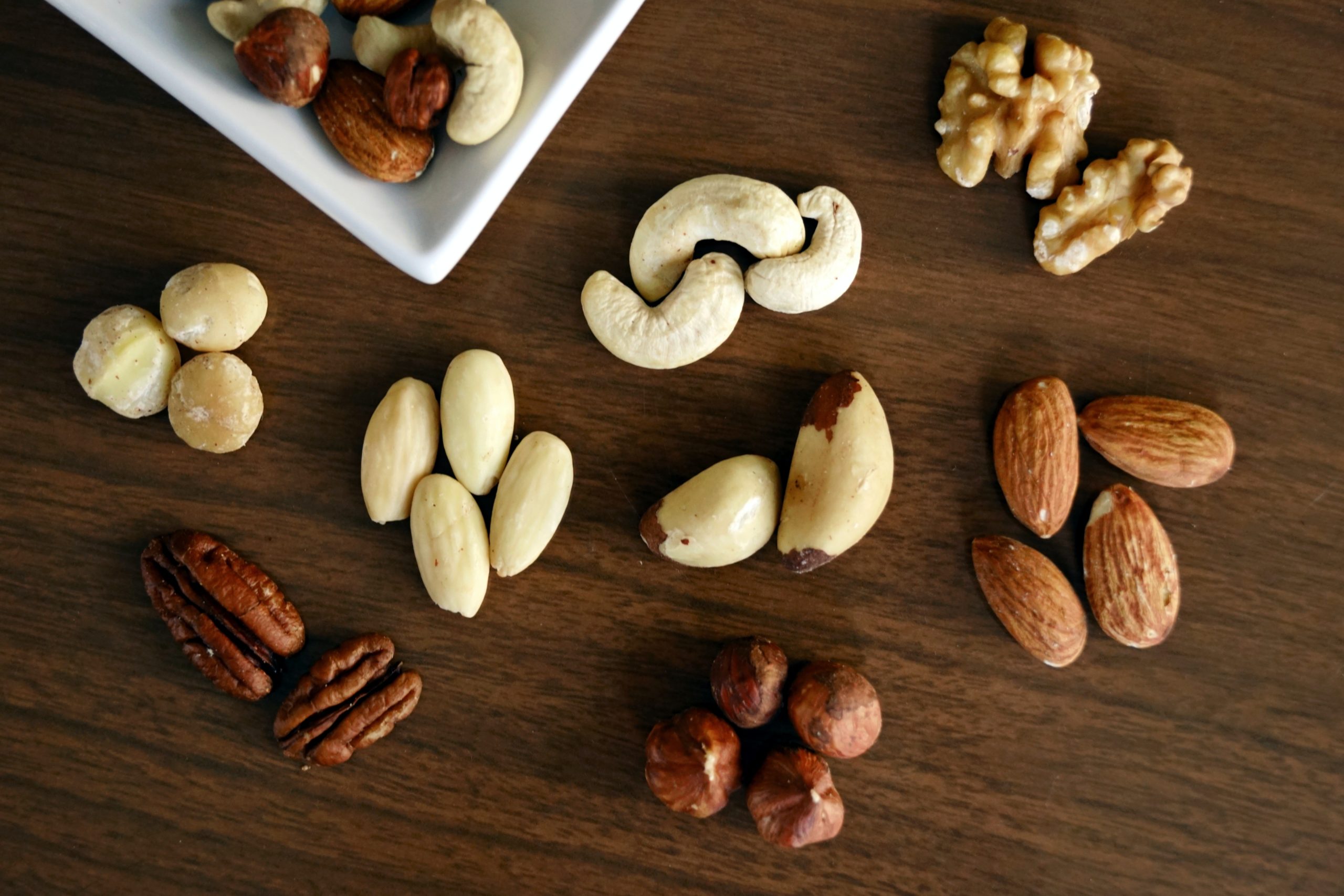



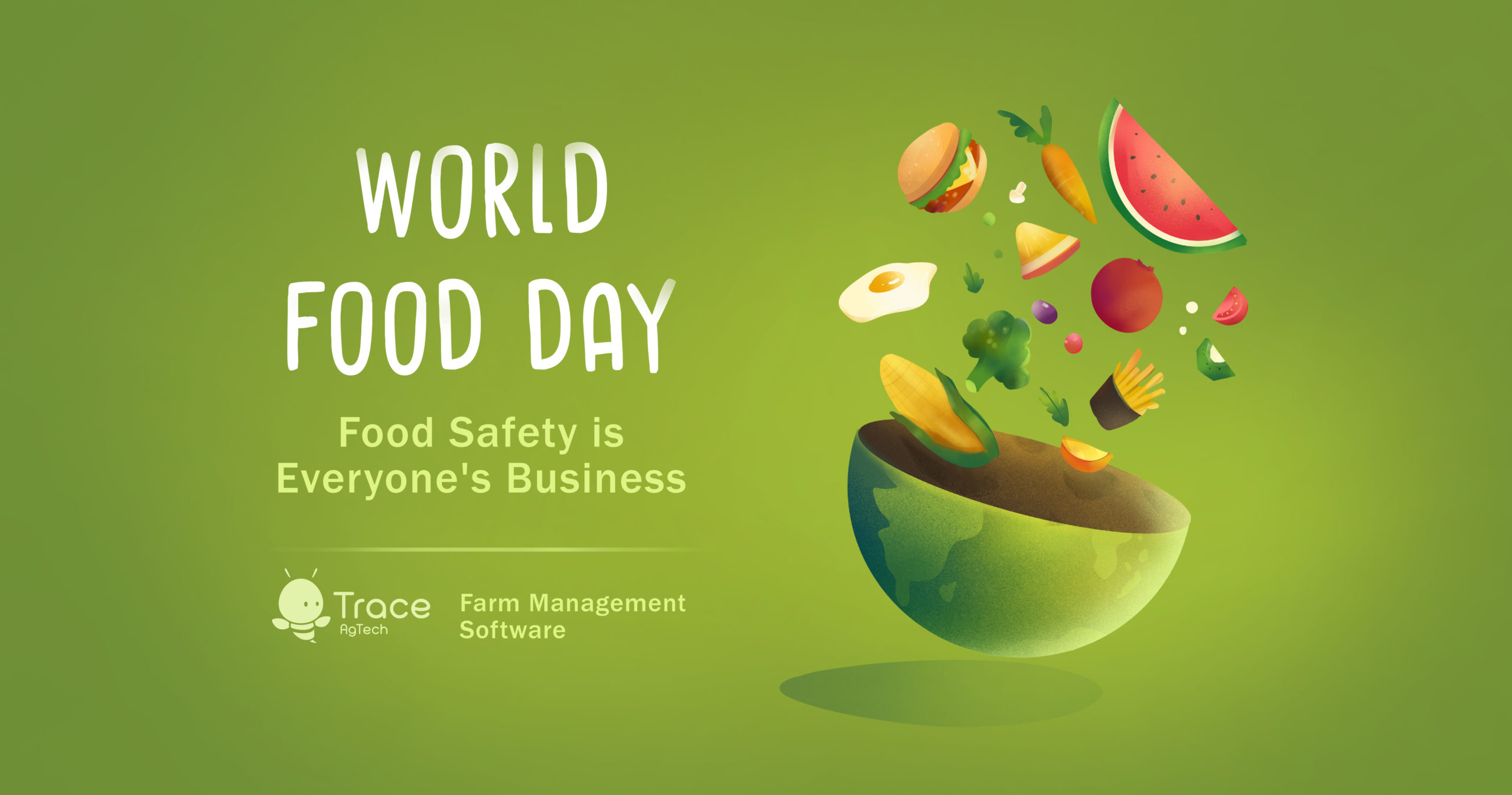

Any comments?